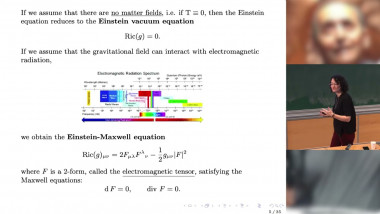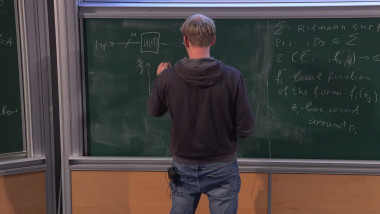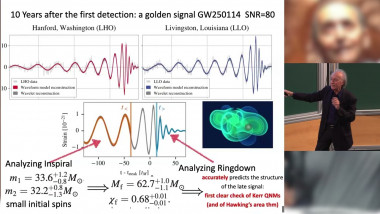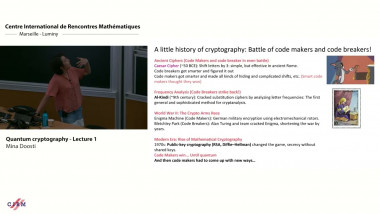Appears in collection : 2024 - T1 - WS1 - Quantum simulators
Complex quantum systems are both hard to simulate and to learn. Generically, they require exponential resources for both. If one were able to learn and then efficiently simulate a complex quantum process, then one would be able to do wonders: for example, to decode the information scrambled by a black hole leaked through Hawking radiation, thus learning its internal structure.
Some complex quantum systems, like those modeled by Clifford circuits, can be both learned and simulated efficiently, that is, with polynomial effort. However, one wants to learn especially those quantum processes that are too hard to simulate in a classical computer. In this talk, we show some recent and surprising results: one can learn a quantum complex process that cannot be efficiently simulated on a classical computer, and once one has learned it, one can simulate it efficiently.
This is so surprising to sound contradictory. However, what one learns are its salient features, while the noisy and difficult to simulate ones can be ditched away and turn out to be irrelevant.
















